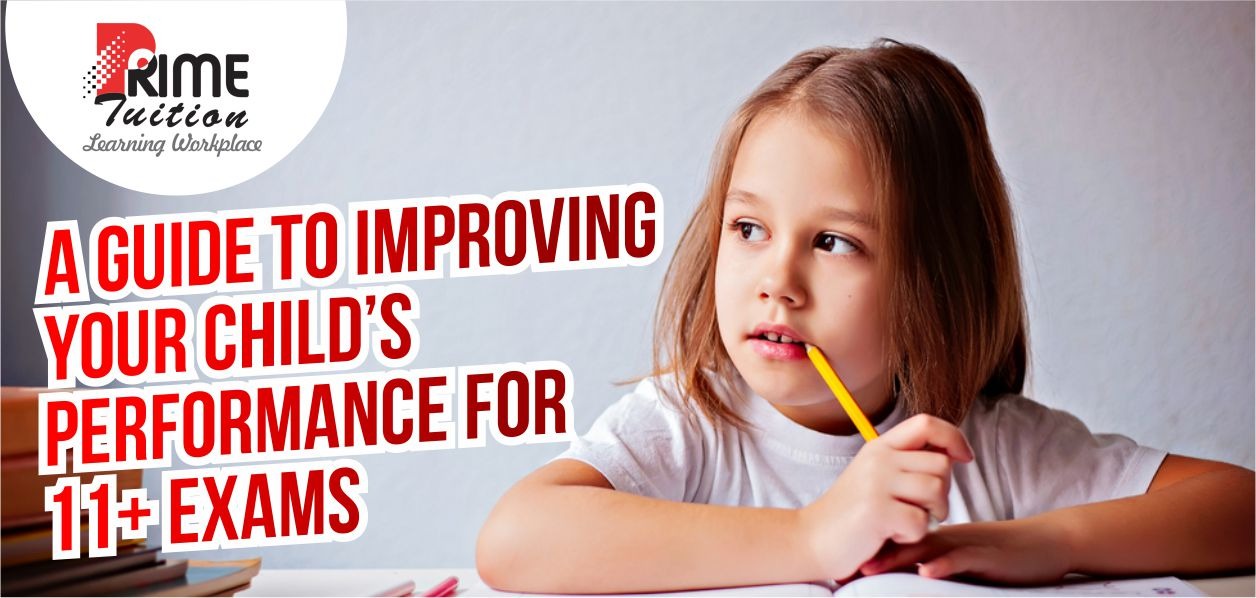Verbal Reasoning is a skill test rather than a knowledge test, and it is critical that your kid fully aims at preparing for this aspect of the 11+ exam. The skills needed are language-based. Hence it is termed Verbal Reasoning.
Non-verbal reasoning tests are intended to examine a child's ability to evaluate visual information and make decisions using visual logic. The questions relate to code and frame patterns, and the student needs to figure out how they connect. However, in most schools, non-verbal Reasoning is not taught.
11+ Verbal Reasoning
Verbal Reasoning is thinking carefully with words. The major skill required to be a pro is impressive vocabulary, focus, precision, and efficiency. Tackling word problems, recognising sequences, and cracking letter and number-based standards are all examples of verbal reasoning skills. Seeing mathematical ideas on an English paper is shocking, but the problem-solving ability stays the same.
How to boost verbal reasoning skills
1) Encourage your child to love reading.
Is it more straightforward than it sounds? First, choose titles your child is interested in; what is their motivation? You can also get free books on various topics to see what they are interested in.
2) Enjoy Board Games
We've had a lot more time at home recently, and playing games are a great way to increase vocabulary without your child even realising it! Scrabble, Bananagrams, Articulate, and Boggle are just a few examples.
3) Utilize Screen Addiction
Avoid techno-tantrums by supplying computer-based revision - this applies to all facets of the 11 plus, including understanding. There are vocabulary apps available, and children do not see these at 'work.' Revision can be done at any time and from any location.
11+ non-verbal reasoning
NVR questions are presented in diagrammatic and pictorial forms. Candidates must be able to study and evaluate this data mentally and without limitations or restrictions. Students are frequently told to look at a series and find the odd one out.
Nonverbal Reasoning is used in 11+ exams to assess students' visual acuity, perceiving speed, and ability to identify and manipulate objects. Because it goes beyond and bypasses language development and mathematical knowledge, the skills needed for the Non-Verbal Reasoning exam are more challenging to acquire than simple numeracy skills.
How to improve non-verbal reasoning skills?
-
Try a variety of practice questions to familiarise them with NVR discussion styles. Some school systems will provide practice questions for students to use at home, but there are also several resources accessible from learning suppliers to develop a student's NVR ability.
-
Answering NVR questions requires a solid understanding of mathematics. Make sure your child is comfortable with their schoolwork.
Why Prime Tuition
At Prime Tuition, we are committed to providing children with the skills and confidence they need to prosper in their new school. We are highly enthusiastic about this. Also, multiple courses are available to increase your child's verbal and non-verbal Reasoning to become intellectually stronger and better.











